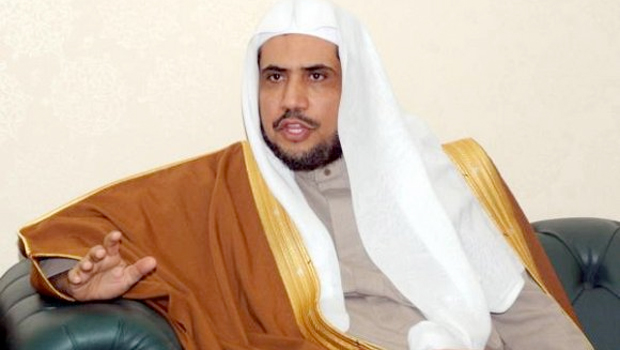“The modern trend in criminal law is to choose imprisonment only as a last resort,” Al-Eisa said, adding that major crimes particularly involving national security and corruption would normally carry a prison term.
The three-day forum has been organized by the Ministry of Justice as part of the King Abdullah Project to Develop the Judiciary in the Kingdom.
The minister also dispelled the fear of some people that alternatives to prison punishment would amount to a deviation from Shariah.
“The Shariah laws are the basic laws. They are not alternatives or imitations of any other law,” the minister said. He also attributed such misunderstandings to a lack of understanding of the Shariah.
Shariah punishments, particularly for crimes that can be punished using alternative sanctions, are supported by evidence from Islamic teachings, he said.
“The misunderstanding would disappear when one realizes that alternative punishments are not applied except in cases where judges hand discretionary sentences to culprits,” he said.
Discretionary punishments are those considered for a crime where religious texts do not stipulate specific penalties and leave the decision to the discretion of a judge, the minister said.
He added that a judge is empowered to pass a judgment with the aim of protecting public interest. The judge should also seek to reform and rehabilitate a culprit when making a discretionary judgment, the minister said.
“Whatever care a jail offers, an inmate always misses the warmth of a family atmosphere. Prison sentences also do not have the desired deterrence effect. Jails also represent a huge expenditure for the government,” the minister said.
He said conventional prisons should be for major criminals who pose a serious threat to society.
The minister also told judges that when considering alternative punishments, they should not deviate from or contradict the stipulations of Shariah. They should also guarantee the rights of the victim of a crime and society in addition to understanding the Shariah’s penal regulations.
He said a judge’s scope for discretionary decisions was vast and is only restricted by a legal text or principle.
The minister said the King Abdullah Project to Develop the Judiciary aims to shed light on modern developments in the legal world and to study the laws on the basis of Shariah texts with due consideration to social, psychological and security and economic factors.










